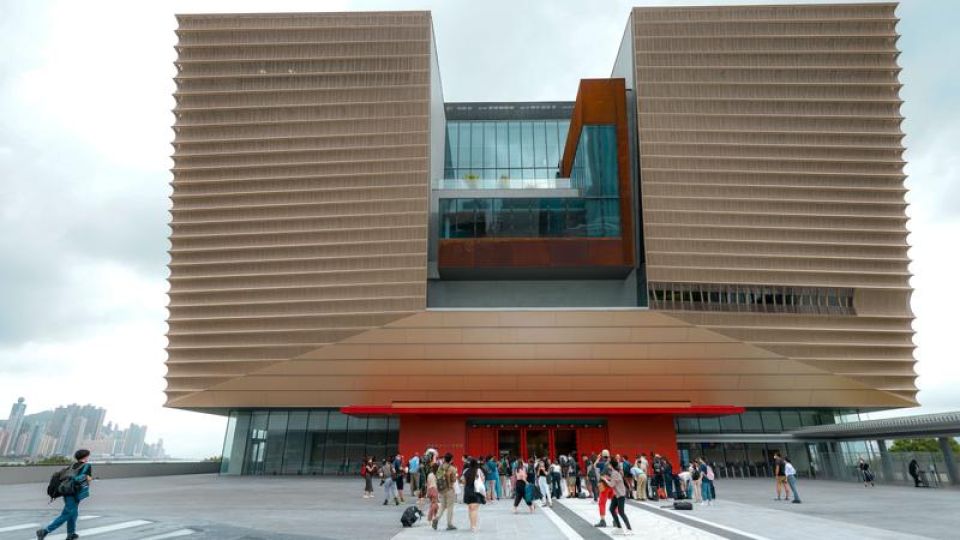September 9, 2022
Hong Kong – should further strengthen cultural confidence, promote international exchanges and foster the local cultural industry to make it one of the city’s core attractions, officials and experts said at a forum.
The event, which focused on enhancing Hong Kong’s status as a hub for the arts and cultural exchanges between the Chinese mainland and the rest of the world, was held at the Hong Kong Palace Museum on Thursday.
In her keynote speech, Lu Xinning, deputy director of the Liaison Office of the Central People’s Government in the Hong Kong Special Administrative Region, said the SAR government has made progress in strengthening the city’s role as an art and cultural hub by setting up a new Culture, Sports and Tourism Bureau.
Lu Xinning, deputy director of the Liaison Office of the Central People’s Government in the Hong Kong Special Administrative Region, said the SAR government has made progress in strengthening the city’s role as an art and cultural hub by setting up a new Culture, Sports and Tourism Bureau
Lu said that, under the nation’s 14th Five-Year Plan (2021-25), Hong Kong will make good use of markets on the mainland and internationally to build the cultural industry into a new engine for economic development.
Last month, the Lu Xun Literature Prize, one of the country’s top literature awards, had its first Hong Kong winner since the city’s return to the motherland. The Liaison Office’s deputy head believes the achievement will further boost Hong Kong people’s confidence in the cultural industry and inspire their affection for the nation.
Lu also said the newly opened Hong Kong Palace Museum is a new cultural landmark that not only showcases the long-standing Chinese culture and history, but also provides a platform for international cultural exchanges.
Lu said the cultural industry is one of the indicators used to measure a city’s competitive power. Citing London and New York as examples, Lu said the two cities are both international financial centers like Hong Kong, but they also stand out in arts and culture, adding that the world-class museums, art exhibitions and musicals in the two cities have been attracting talent from all over the world.
The goal to build Hong Kong into a cultural hub will not weaken Hong Kong’s strengths in the finance and innovation technology sectors, but will enhance the city’s overall competitiveness, Lu said.
Hong Kong Chief Executive John Lee Ka-chiu also said at the same event that Hong Kong should fully explore the potential of the local cultural industry to further boost its cultural development.
Lee said local artists will have a better working environment in the coming years as more world-class cultural facilities will be completed, like the East Kowloon Cultural Centre and Kai Tak Sports Park.
These facilities, together with the West Kowloon Cultural District, will make Hong Kong a preferred venue for domestic and international cultural exhibitions and performances, Lee said.
Lee said the government will also expand Hong Kong’s talent pool in the arts and culture area by working with the industry to train professionals in various related fields, including arts administration, arts technology and heritage conservation.
Local art groups will also be offered more opportunities to interact with their mainland counterparts and hold more cross-border performances, Lee added.


